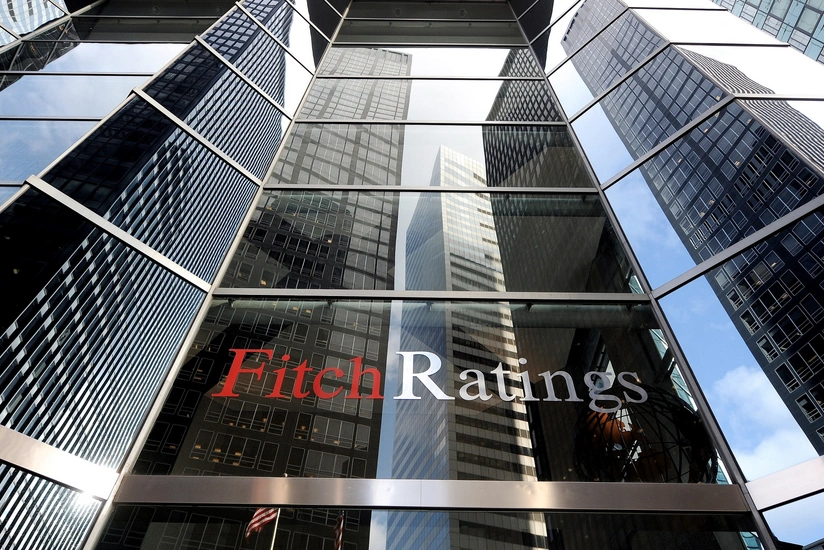Fitch affirms Expressbank's long-term issuer default and viability ratings
- 19 September, 2025
- 12:00

Fitch Ratings has affirmed Expressbank Open Joint Stock Company's Long-Term Issuer Default Rating (IDR) at 'B+' with a Stable Outlook, Report informs.
Fitch has also affirmed the bank's Viability Rating (VR) at 'b+'.
Expressbank's Long-Term IDR is driven by its standalone creditworthiness, as expressed by its 'b+' VR. In turn, the VR reflects the bank's limited pricing power, high cost base, and above sector-average funding costs. It also factors in a record of healthy financial metrics, particularly for asset quality and capitalisation.
Expressbank is a privately owned bank, with a small 1% of sector assets and deposits and 2% of sector loans at end-1H25. The bank employs a universal business model and is focused on retail lending, which represented 65% of gross loans at end-1H25. It is complemented by micro, small and medium-sized enterprise financing.
Expressbank has recently targeted more profitable, but higher-risk unsecured consumer and micro business lending. This will likely lead to a higher cost of risk in 2025-2026, although mitigated by low borrower concentrations and near-zero dollarisation. Loan expansion moderated to 23% in 2024 (2023: 38%), and we expect it to be below 15% in 2025-2026.
The impaired loans ratio fell to a low 1.2% at end-2024 (end-2023: 1.4%) on credit growth and a benign business environment, with all problem exposures fully reserved. We expect the bank's asset quality metrics to slightly weaken on loan seasoning but remain within a 2%-3% range in 2025-2026, with continuing high provisioning levels.
"We expect a recent sharp sector-wide increase in deposit interest rates, driven by regulatory changes, to reduce Expressbank's net interest margin this year by about 100bp, from 9% in 2024. This, coupled with a higher cost of risk and still limited operating efficiency, should push the bank's operating profit to below 2% of risk-weighted assets in 2025, although it should gradually recover over the next two years," reads the message.
Expressbank's Fitch Core Capital (FCC) ratio was a high 23% at end-2024, although down by about 10pp from end-2022 on rapid loan growth and higher risk-weighted asset density in regulatory accounts. We expect the bank's capital buffer to gradually decrease over 2025-2026, due to a greater focus on consumer loans with higher risk weights and large dividend payouts. However, the FCC ratio should remain above 20% in our baseline scenario.
Customer accounts (predominantly from retail depositors) represented 58% of liabilities at end-1H25, while wholesale funds were close to 40%. The latter mostly comprises cheap. long-term loans from state development institutions and short-term repurchase obligations. The bank's liquidity buffer is adequate, with liquid assets covering over a third of customer deposits at end-2024.
The VR and IDR could be downgraded on severe asset-quality deterioration triggering loss-making performance and reducing the bank's FCC ratio to below 15% on a sustained basis. Rapid lending growth or large dividend payouts eroding the bank's capital buffer would also be negative for ratings.
The upside for Expressbank's VR and IDR is limited and would require a material strengthening of the bank's limited franchise and the bank returns to consistently high profitability, while maintaining sound asset quality and high capitalisation.
